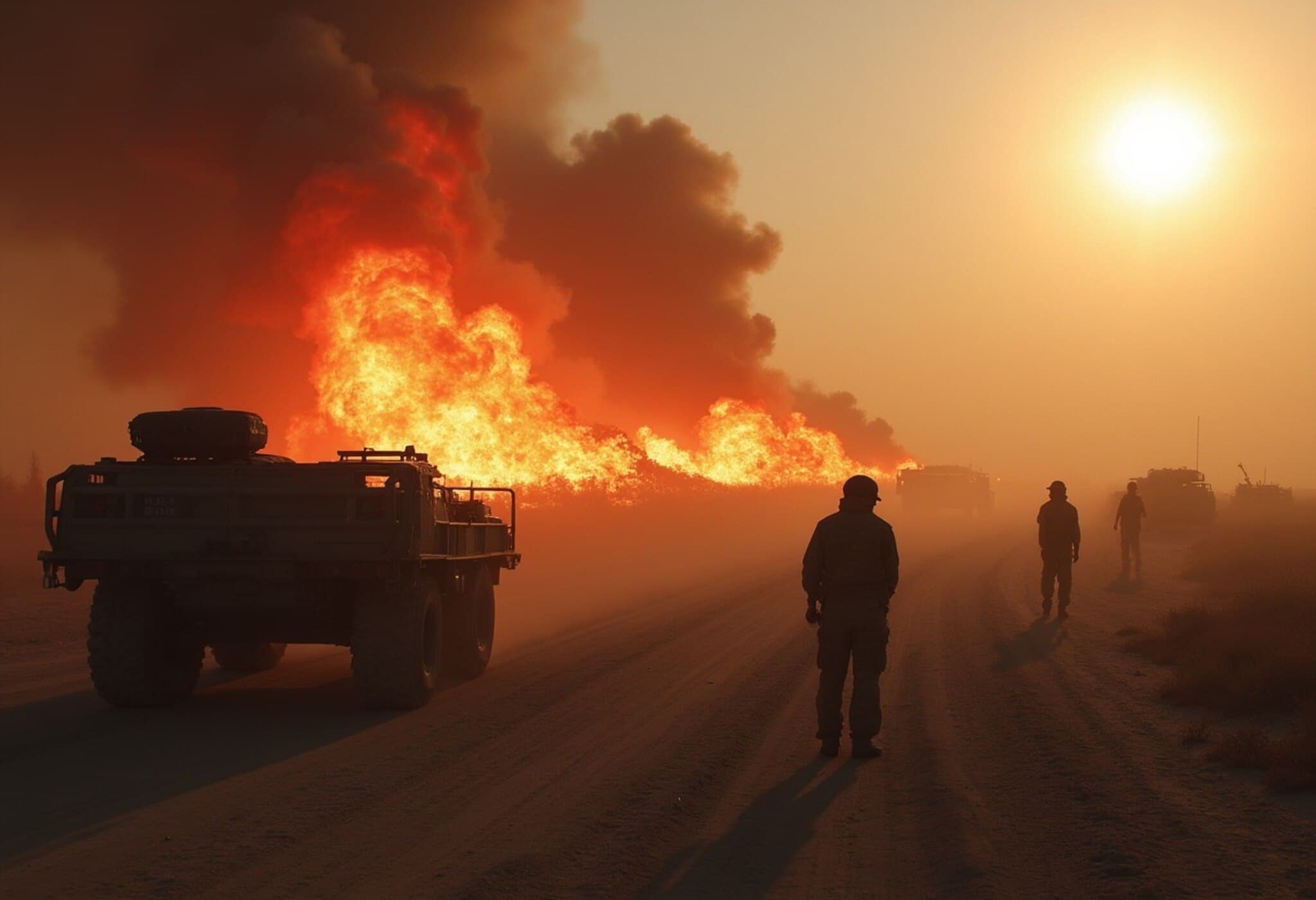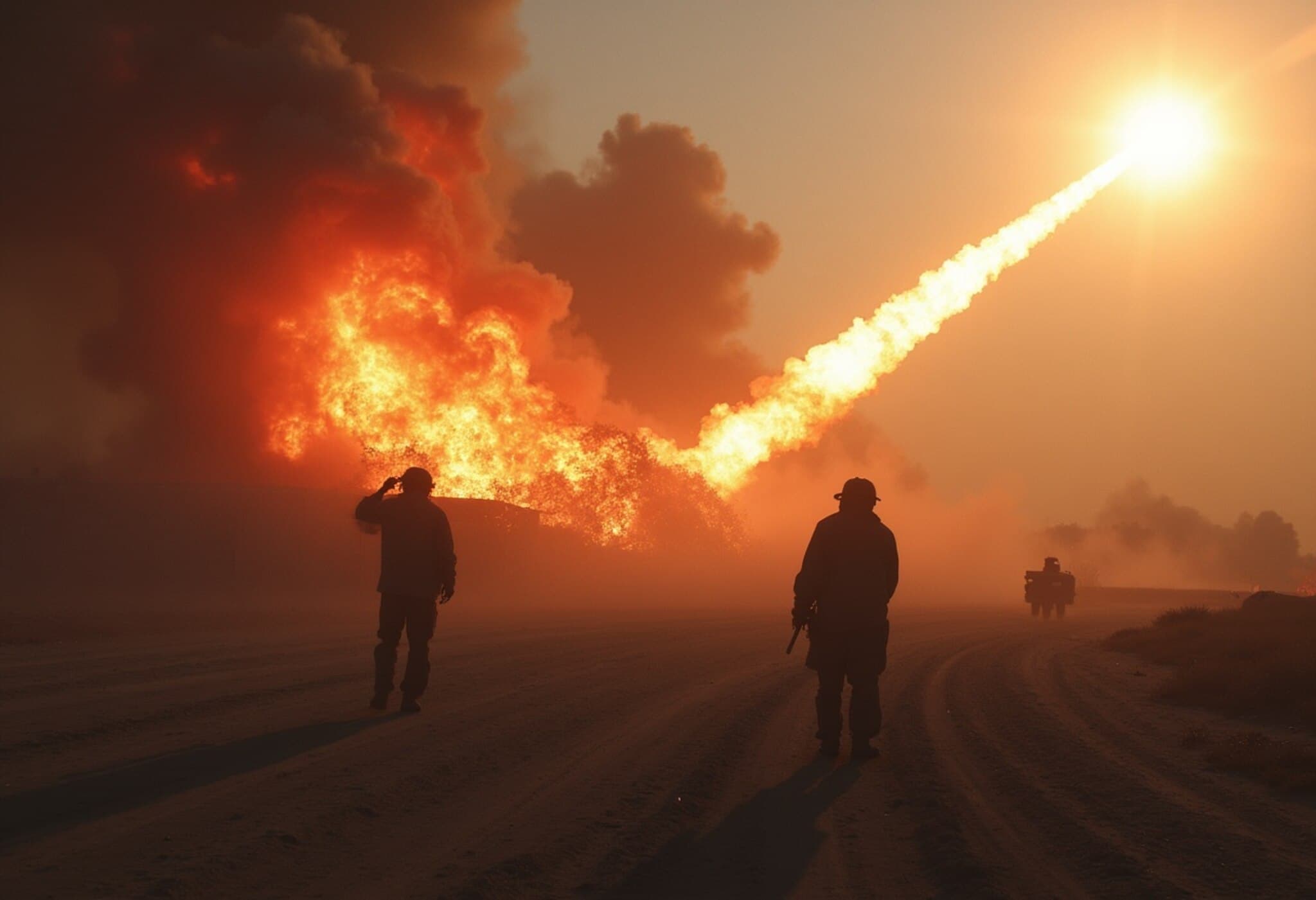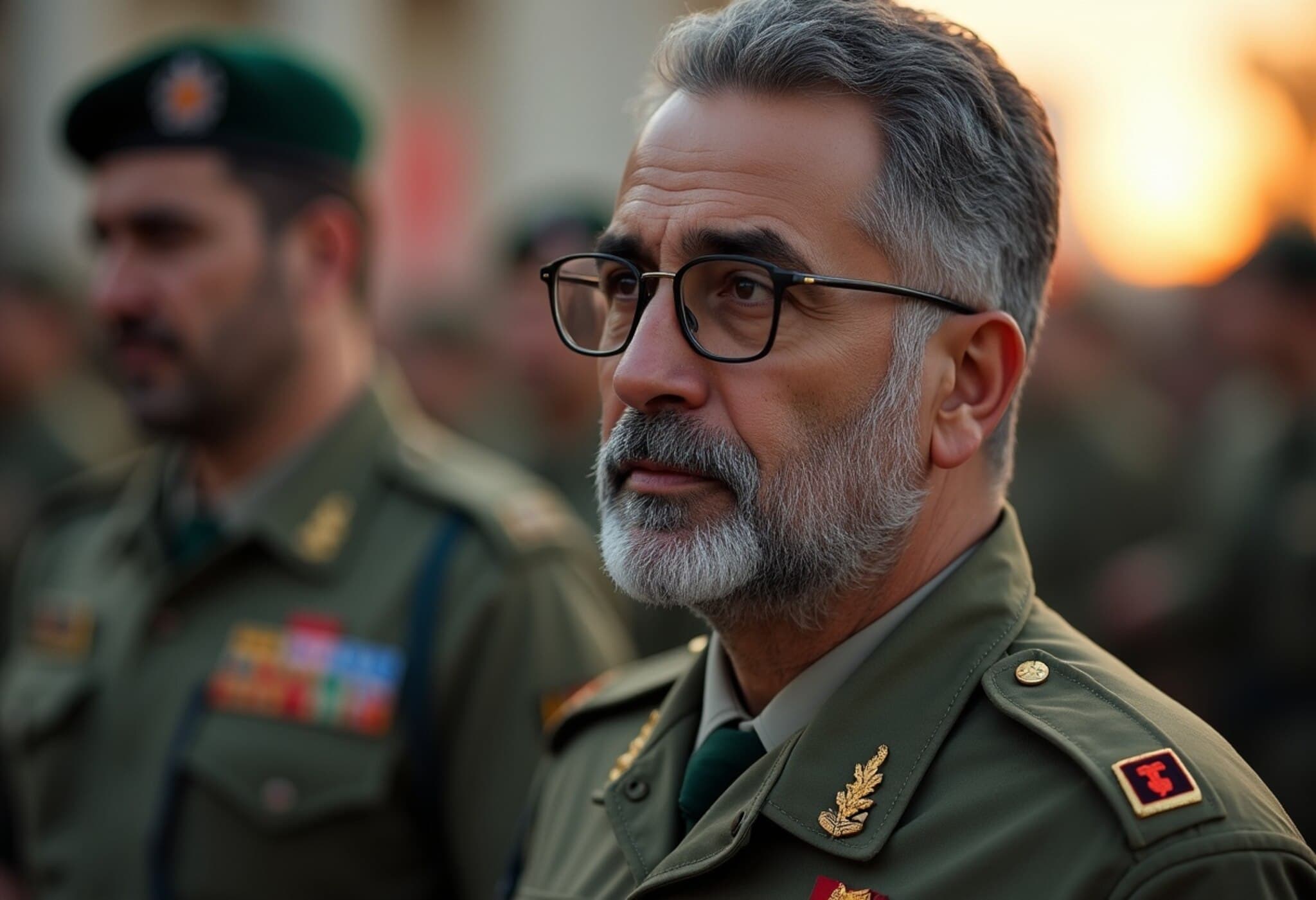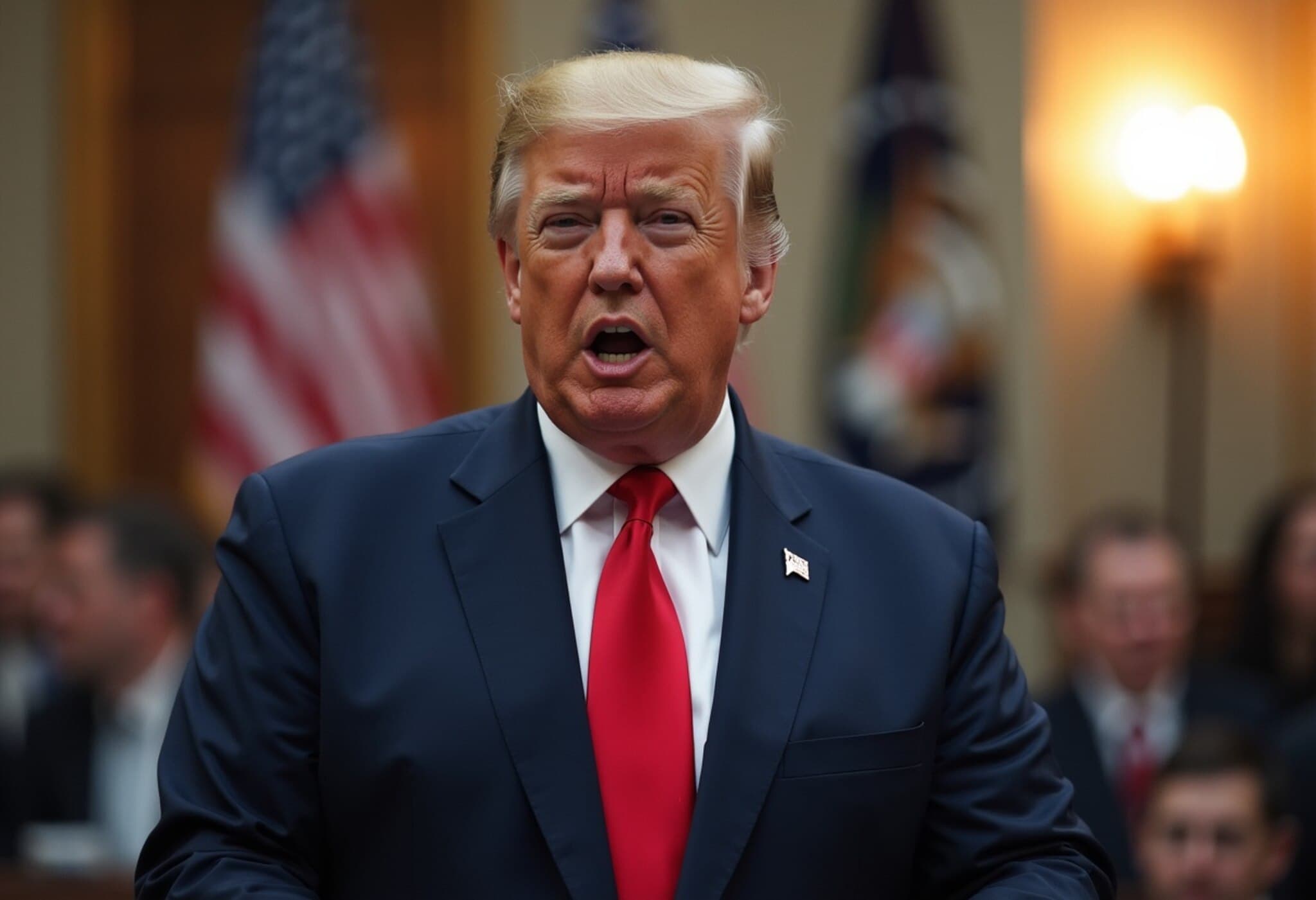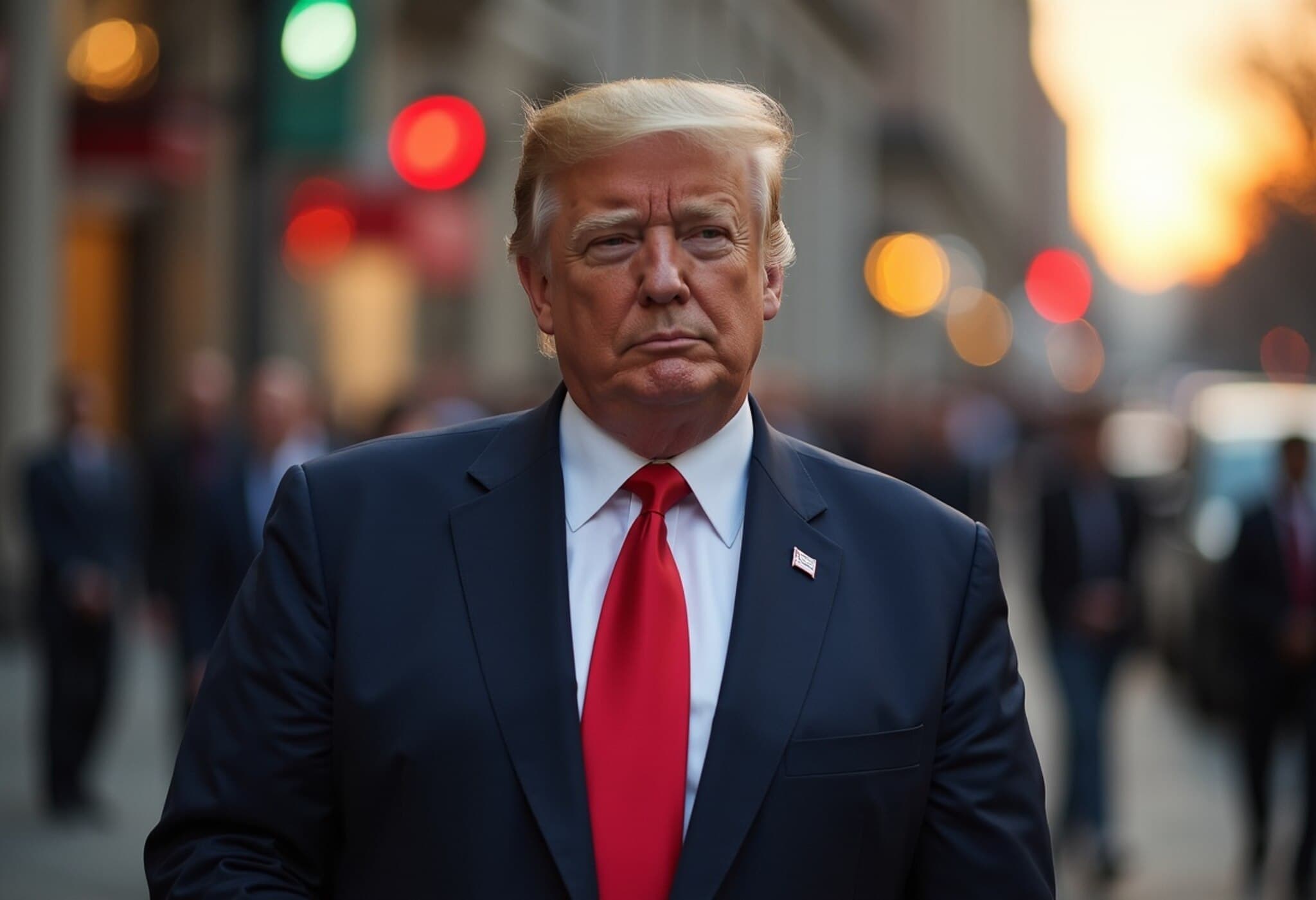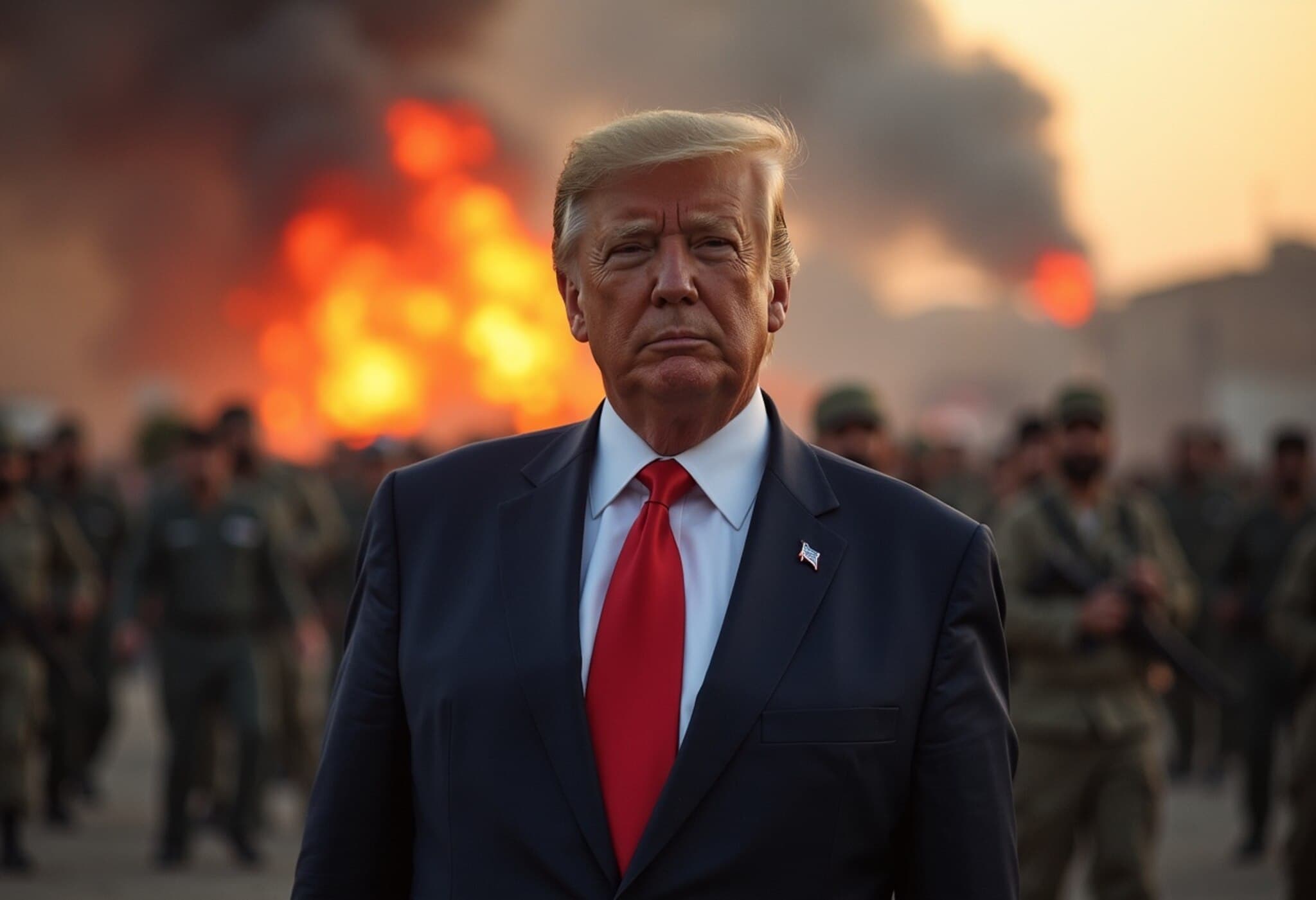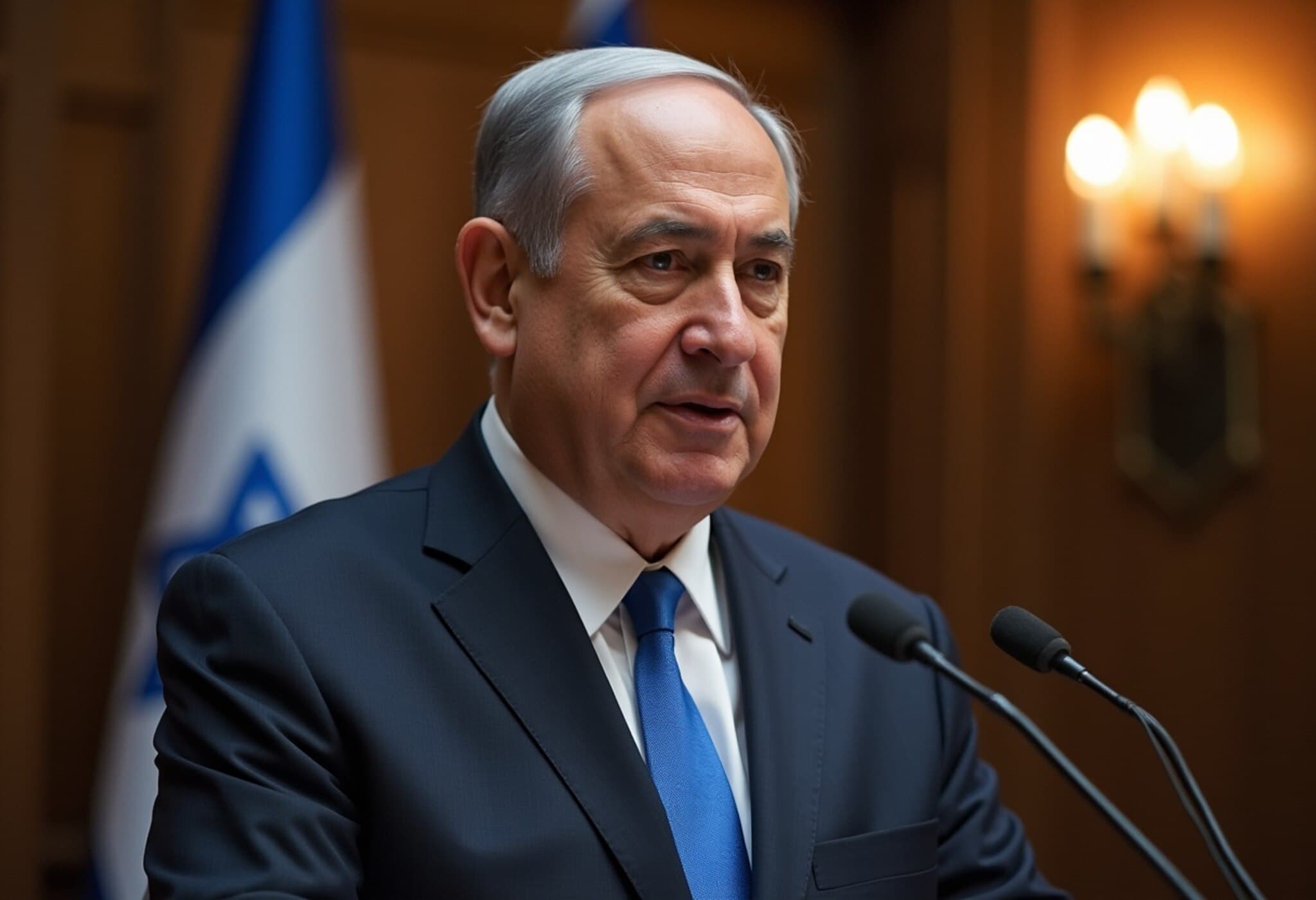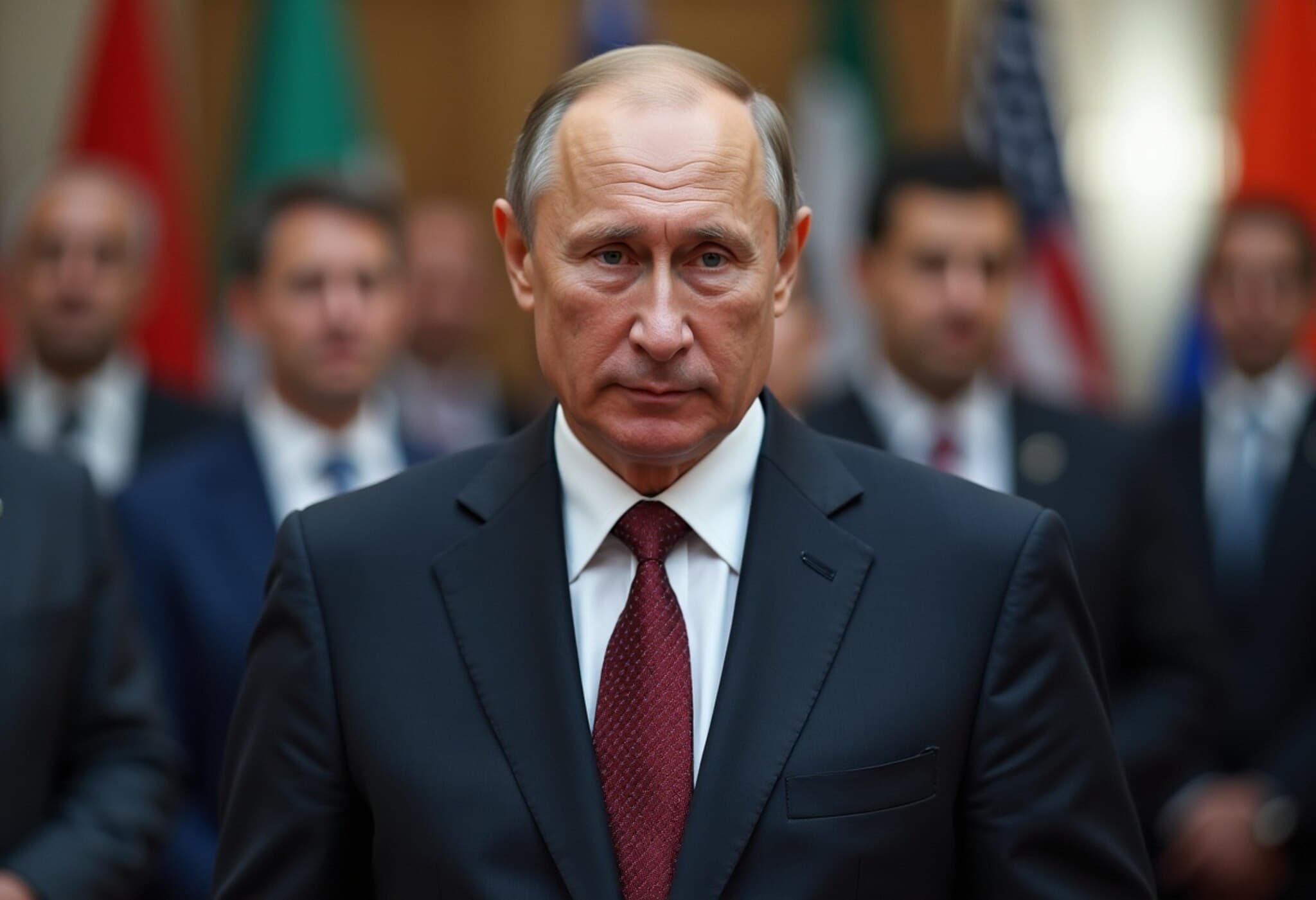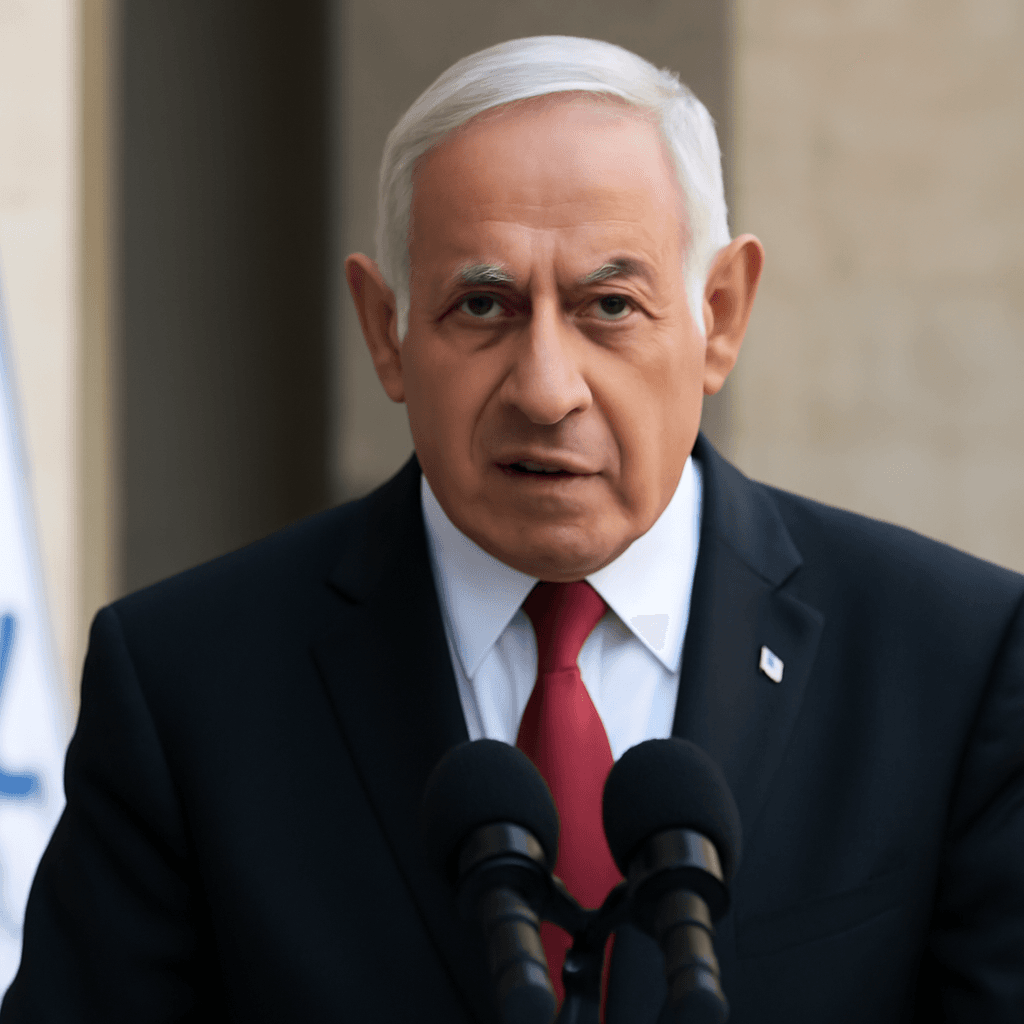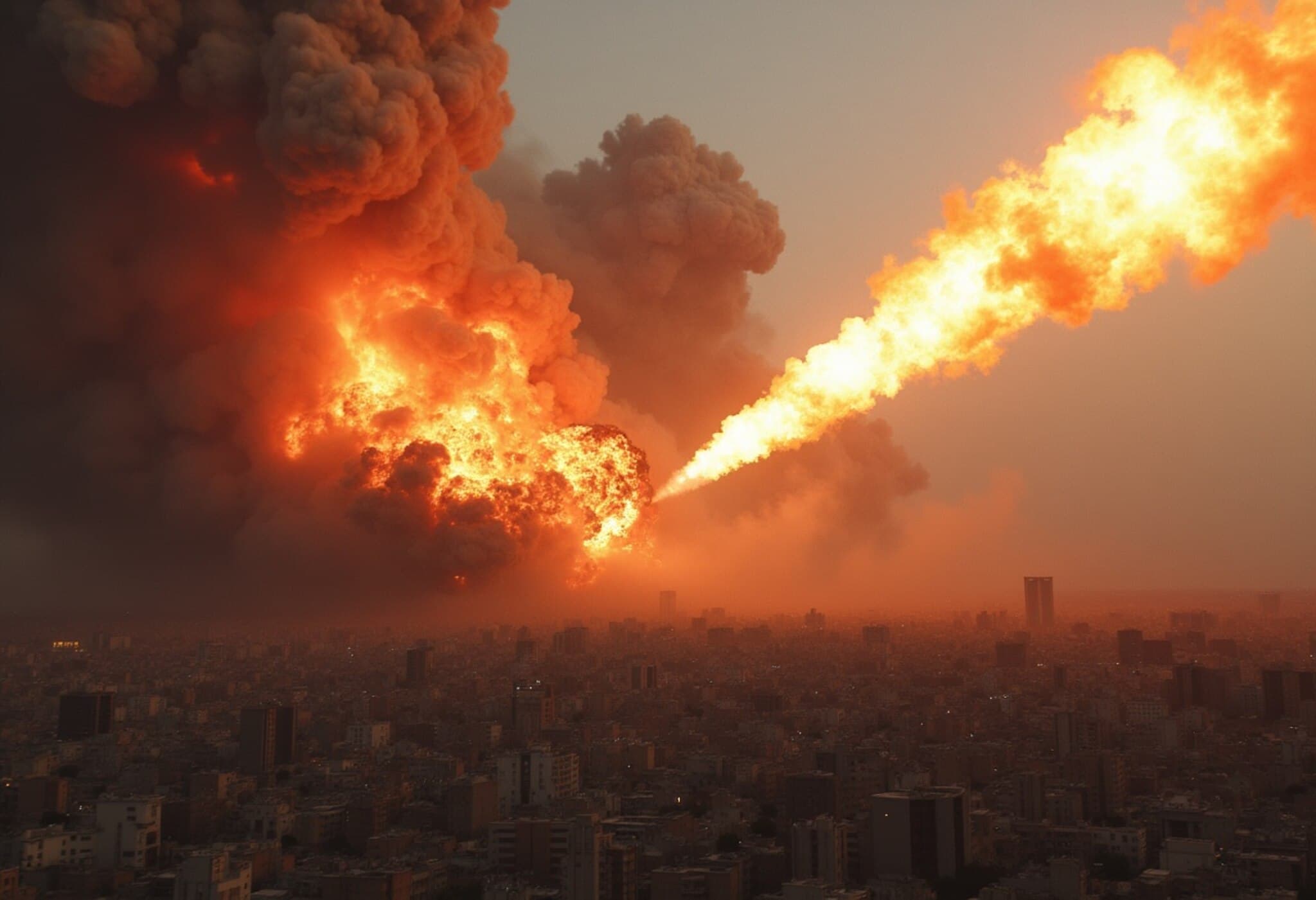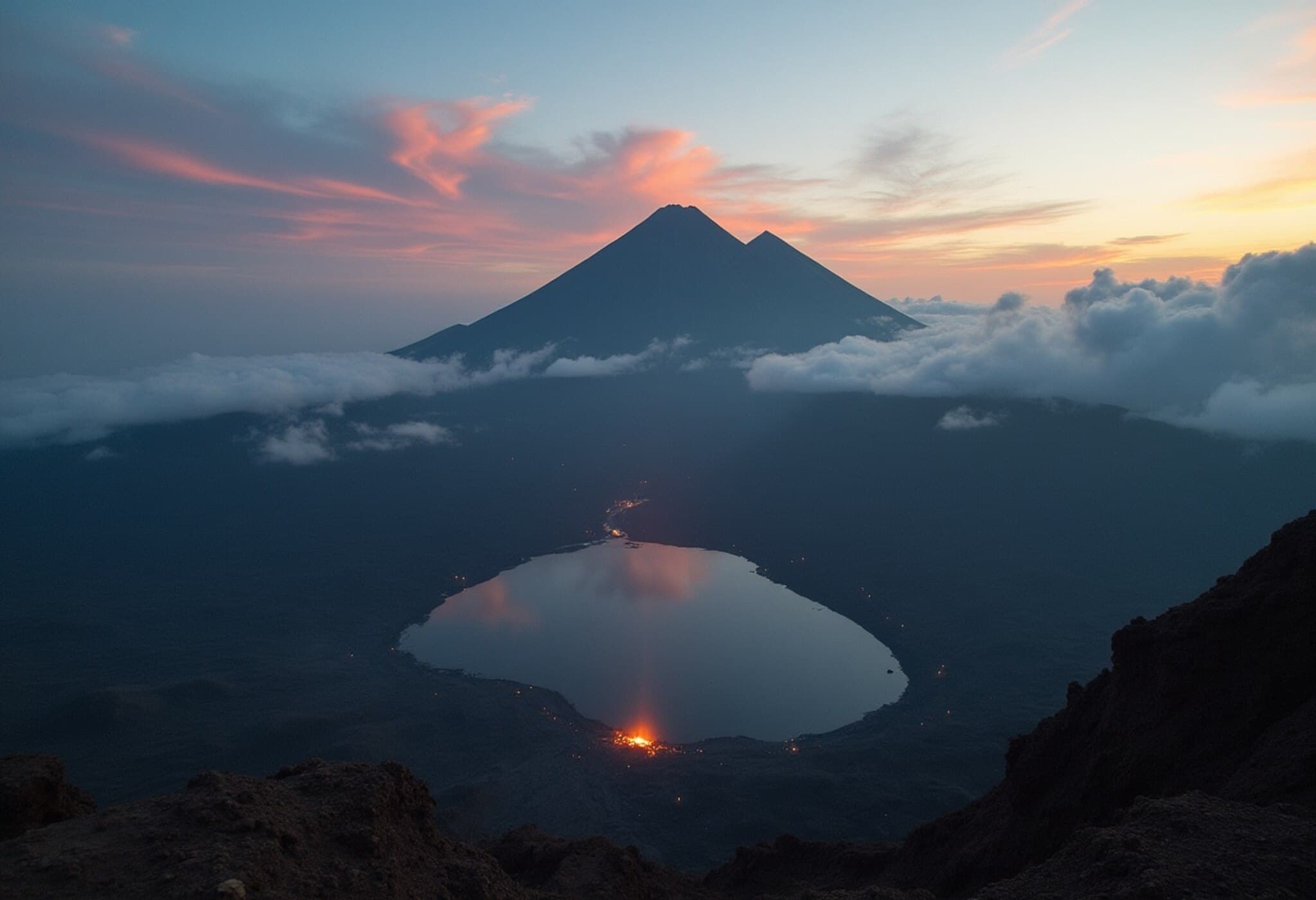Netanyahu Declares Victory and Warns Against Iran's Nuclear Plans
In a decisive address to the nation, Israeli Prime Minister Benjamin Netanyahu proclaimed a "historic victory" following a ceasefire with Iran, firmly vowing that Tehran would never succeed in acquiring nuclear weapons. His comments come shortly after Iranian President Masoud Pezeshkian expressed Iran’s willingness to resume negotiations over its nuclear program.
Backdrop: Escalating Conflict and Negotiation Overture
Despite Pezeshkian emphasizing Iran’s pursuit of the peaceful use of atomic energy and asserting that the country has never sought nuclear arms, Netanyahu was unequivocal: "Iran will not have a nuclear weapon." The declaration followed a brutal 12-day period marked by intense air and missile strikes exchanged between the two nations.
Israel’s military campaign launched on June 13 aimed to cripple Iran’s nuclear capabilities. The strikes, according to Israeli officials, have successfully set back Iran’s nuclear program by years and have also targeted its ballistic missile development.
US Involvement and Truce Formation
The confrontation drew the United States further into the conflict when it executed strikes on Iran’s underground nuclear facilities with heavy bunker-busting bombs unavailable to Israel. Iran responded with a missile attack on a US base in Qatar.
Following the retaliation, US President Donald Trump urged de-escalation and announced a ceasefire agreement. Tehran agreed to respect the terms of the deal on the condition that Israel did the same, to which Israel responded by refraining from further attacks.
Competing Claims of Success and Military Achievements
Israel’s defense chief, Lieutenant General Eyal Zamir, affirmed that Israel had eliminated a "dual existential threat" from Iran’s nuclear and missile projects. Meanwhile, Iran’s Revolutionary Guards celebrated a final missile barrage against Israel, labeling it "a historic and unforgettable lesson" to their adversary.
The conflict resulted in substantial casualties, with Iranian health officials reporting over 610 civilian deaths and more than 4,700 injuries due to Israeli strikes. Iranian missile attacks on Israel caused at least 28 fatalities.
Voices from Both Sides: Desire for Peace Amid Uncertainty
In Israel, many welcomed the ceasefire, yearning for relief from the prolonged violence. A Tel Aviv resident said, "Everyone is tired. We just want some peace of mind — for us, the Iranian people, the Palestinians, for everyone in the region."
Yet in Iran, skepticism lingered. An expatriate from Tehran expressed doubts about lasting peace, indicating that normalization seemed unlikely anytime soon.
International Reactions and Future Outlook
The global community greeted the ceasefire with cautious optimism. Saudi Arabia and the European Union applauded the initiative, while Russia expressed hope for a sustainable truce. However, concerns remain. French President Emmanuel Macron warned about increased risks of clandestine uranium enrichment by Iran following the strikes.
The disagreement over uranium enrichment remains one of the key sticking points between Iran and the US, with Tehran asserting it as a non-negotiable right and Washington deeming it a definite red line.
Shift in Israeli Focus Toward Gaza
With Iran’s nuclear ambitions curtailed for now, Israel’s military announced a strategic pivot back to the situation in Gaza. Calls have emerged from Israeli opposition, the Palestinian Authority, and groups representing families of Israeli hostages for a simultaneous Gaza ceasefire to complement the one with Iran.






